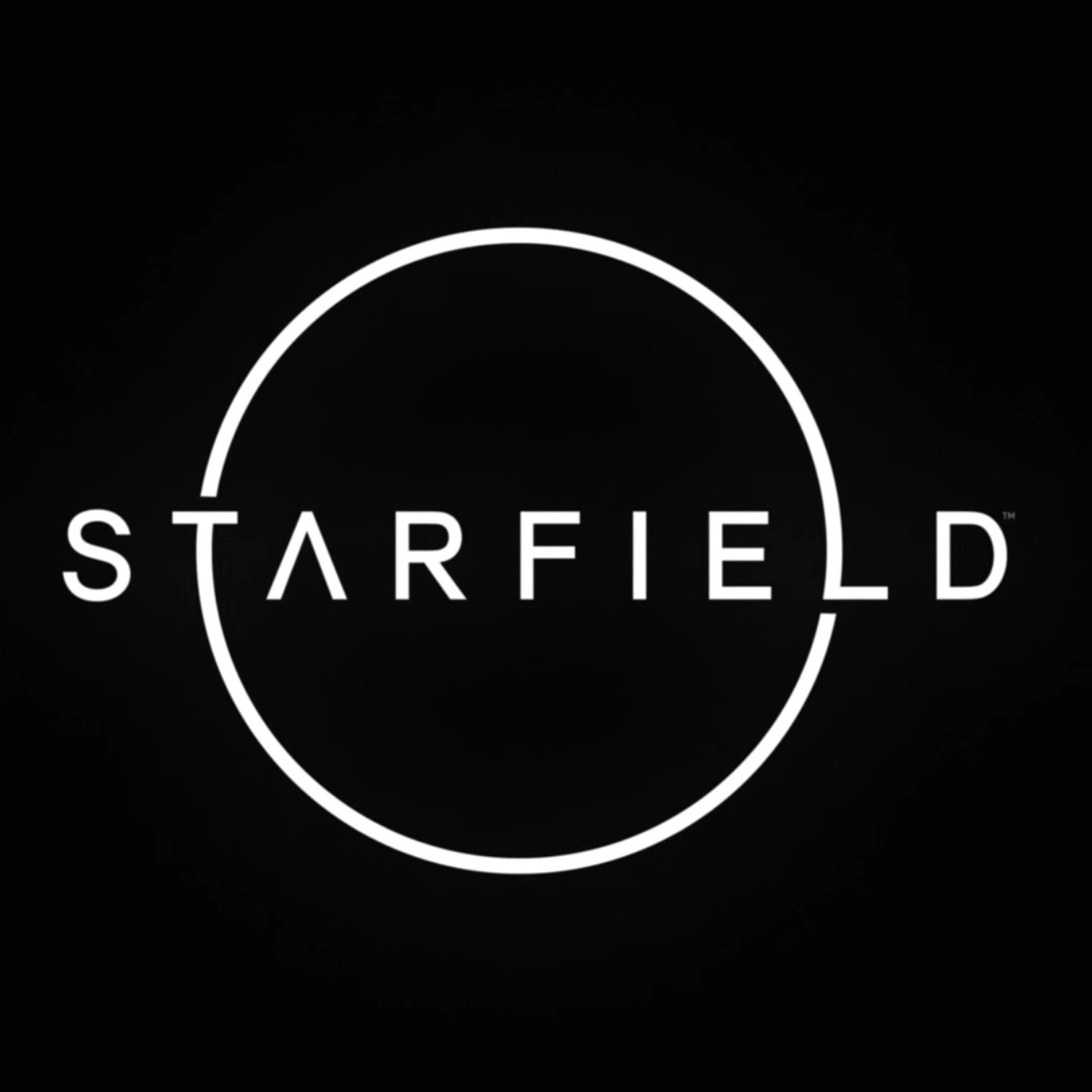

You’re weird. Autosave is the norm in 2024
I do support challenging the software design before blaming the user, but I feel like I’m being thrown through a bit of a loop here. Autosave, while not unusual, is still the minority behaviour - surely?
I’m checking through tools I have installed and can’t find much that autosaves - even Word (tested editing a local file) doesn’t seem to autosave as far as I can tell. And, to be fair to the software, I often don’t want to overwrite the disk copy automatically (though there are some “best of both worlds” approaches, like with VSCode).


Possible that we’re thinking about different features? Like for Microsoft Word, if I save a file to disk, make an edit, then exit out without saving (hitting “cancel” when it asks if I want to save) the disk copy is left untouched. That’s how the most tools work as far as I’m aware. It does have crash recovery (which may or may not work better than LibreOffice’s crash recovery, no idea).